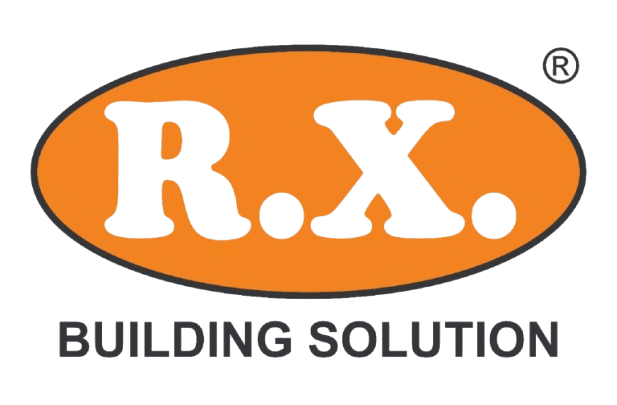In modern infrastructure, the choice of materials plays a crucial role in ensuring durability, safety, and cost-effectiveness. Fiber Reinforced Plastic (FRP) gully grating has emerged as a superior alternative to traditional cast iron and steel grates due to its advanced properties. Its exceptional resistance to corrosion makes it particularly well-suited for harsh environments, where exposure to moisture, chemicals, and extreme weather can degrade traditional materials. Here’s why FRP gully grating excels in such conditions.
1. Unmatched Corrosion Resistance
Unlike cast iron and steel, which are highly susceptible to rust and oxidation, FRP gully grating is inherently resistant to corrosion. Whether exposed to seawater in coastal areas, acidic runoff in industrial zones, or heavy rainfall in urban drainage systems, FRP maintains its integrity without the need for protective coatings or frequent maintenance.
2. Ideal for High-Moisture Environments
Traditional metal grates deteriorate quickly in humid and wet conditions, leading to weakened structures and costly replacements. FRP grates, however, do not absorb water or degrade when exposed to moisture, making them ideal for use in stormwater drainage, wastewater treatment plants, and flood-prone areas.
3. Resistant to Chemical Exposure
Industrial sites often experience exposure to harsh chemicals that can corrode metal surfaces. FRP gully gratings are engineered to withstand chemical exposure from industrial waste, cleaning agents, and road salts, ensuring long-term durability in manufacturing plants, refineries, and chemical processing facilities.
4. Long-Lasting Durability
Because FRP does not succumb to rust or chemical decay, it has a significantly longer lifespan than metal alternatives. Municipalities and industries benefit from reduced maintenance costs and extended service life, making FRP an economically viable solution in the long run.
5. Lightweight and Easy to Install
Despite its robust structure, FRP gully grating is lightweight, making it easier to handle, transport, and install. This reduces labor costs and minimizes the risk of workplace injuries, particularly in maintenance and infrastructure projects.
6. Non-Conductive and Fire-Resistant
Unlike metal grates, which conduct electricity and can pose hazards in electrical installations, FRP is non-conductive, making it a safer choice for environments with electrical components. Additionally, it is fire-resistant, reducing the risk of heat-related damage in high-temperature settings.
7. Aesthetic and Customizable Design
FRP gully grating is available in various colors, sizes, and designs, allowing urban planners and industrial facilities to select options that match their specific needs. Unlike rust-prone metal grates, FRP maintains its appearance over time, ensuring a clean and professional look.
Conclusion
FRP gully grating is revolutionizing drainage solutions in harsh environments by providing superior corrosion resistance, durability, and safety. Its ability to withstand moisture, chemicals, and extreme weather makes it an ideal alternative to traditional cast iron and steel grates. By choosing FRP, municipalities, industries, and infrastructure planners can ensure long-term reliability, lower maintenance costs, and improved safety in public and industrial spaces.
